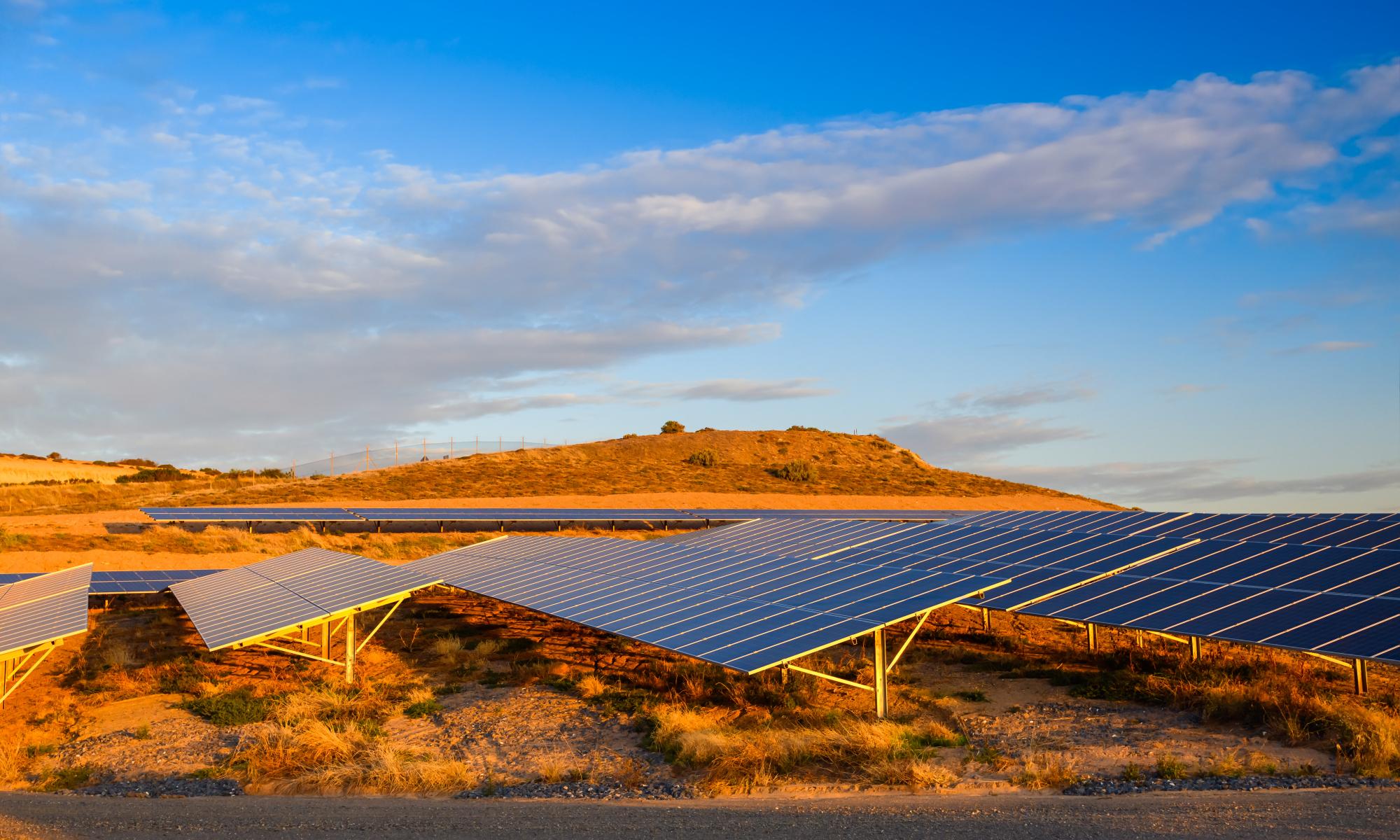Australia’s peak mining body representing the coal industry has released a plan to tackle climate change across the industry, endorsing a goal of reaching net-zero emissions “as fast as possible” but without setting a target date.
The Minerals Council of Australia’s chief executive, Tania Constable, claimed it was “possible and plausible for the coal industry to achieve near zero or net-zero emissions” by using carbon offsets and carbon capture and storage technologies.
The council’s plan comes after two of its biggest members – Rio Tinto and BHP – faced concerted pressure from investors to leave the council over its backing of coal.
MCA’s plan has been greeted with a mixture of cynicism, scorn and qualified acceptance from climate action groups, with some branding it “greenwashing”.
The plan is a list of 30 activities underneath 10 action areas across its sector covering three issues; developing technology pathways to cut emissions, increasing transparency on climate change reporting, and knowledge sharing of the sector’s response to climate change.
Constable said: “We can’t predict how long coal or any other mineral is going to last. Our job is to try and make sure that we are achieving a net-zero emissions outcome as fast as we possibly can.
“This [plan] demonstrates our commitment in Australia to making sure we meet that effort to net zero emissions as rapidly as we can.”
The MCA has been an influential voice on national debates on climate policy for many years and has been accused of consistently holding back action on climate change.
The UN’s climate change panel has said that to limit global warming to 1.5C, global emissions should reach net zero by 2050.
Constable said the plan was focused on the end goal of net-zero emissions “rather than get hung-up on a specific date”.
Two of the MCA’s biggest members – Rio Tinto and BHP – have announced net-zero emissions targets for their own operations by 2050.
One focus of the MCA’s plan is to drive companies to reduce emissions from their own operations within Australia, but this does not include any targets to reduce the production of thermal coal or to count the burning of that coal in other countries.
“Coal is fundamental to the power industry at the moment in Australia and the strong demand of the Asia region in particular. The plan recognises that there’s an effort that needs to be made on coal,” Constable said.
“The climate action plan is about the minerals sector and is not talking responsibility for every other sector. It’s about Australian minerals and what we are producing and does not take into account what’s happening with customers.”
“With the use of carbon capture and storage and with offsets and international credit units, it’s possible and plausible for the coal industry to achieve near zero or net-zero emissions.”
Constable claimed the plan was a “world first for the minerals sector” that she hoped would lead to a “reinvigorated sustainability agenda in Australia”.
She said the emergence of electric vehicles domestically and at mine sites was seen as a “one of the great opportunities for the minerals sector”.
She said: “When we look at the opportunities we need to think about about how we support the renewables industry and how we support the new types of uses for electric vehicles and low emissions technologies.”
Resources companies have been targeted by campaigners and investors with shareholder resolutions, asking them to withdraw from industry associations whose goals and actions are not in line with the Paris climate change agreement.
Constable said the “resolutions go away when you can demonstrate real commitment and real action.”
“This is not a statement – it’s a clear action across a broad range of issues,” she added.
Erwin Jackson, a policy director at the Investor Group on Climate Change, which represents institutional investors that manage more than $2tn in funds, said the statement was a step forward, but warned the “proof will be in the pudding”.
In a submission to the government, the group said institutional investors over the next three years were focused on policy pathways that achieved net-zero emissions by 2050 and managed the energy sector transition.
“Investors will continue to engage with mining companies on the role their industry associations play in driving a smooth transition to net-zero emissions by 2050,” Jackson said.
“But the core issue is that the key barrier to driving affective action is government policy. How will the statement impact on the Minerals Council’s public advice to put policies in place to allow investors to invest in new technologies?”
Climate campaign group 350 Australia described MCA’s plan as “meaningless” because it lacked “clear commitments to advocate for emissions reduction targets that will ensure we keep global warming below 1.5C or even dates by which we should hit net-zero emissions.”
“There is now no excuse for any minerals company that claims to support the Paris agreement to remain a member of the Minerals Council.”
The Australasian Centre for Corporate Responsibility (ACCR), a pro-climate action group, said the MCA plan lacked tangible commitments on key issues including phasing out coal and reaching net-zero emissions.
Dan Gocher, the group’s director of climate and the environment, said: “This is embarrassing and woefully inadequate: the MCA can’t even commit to net-zero emissions by any date. What type of plan is this without any dates or targets?
“This ‘plan’ is the equivalent of a dead cat on the table – and a clear distraction from the mining industry’s cultural heritage woes.”
“Investors will be sorely disappointed. Investors have given MCA member companies the benefit of the doubt that they could achieve change from within. This policy represents business as usual and further delays to action. Investors must call time on this farce.”


